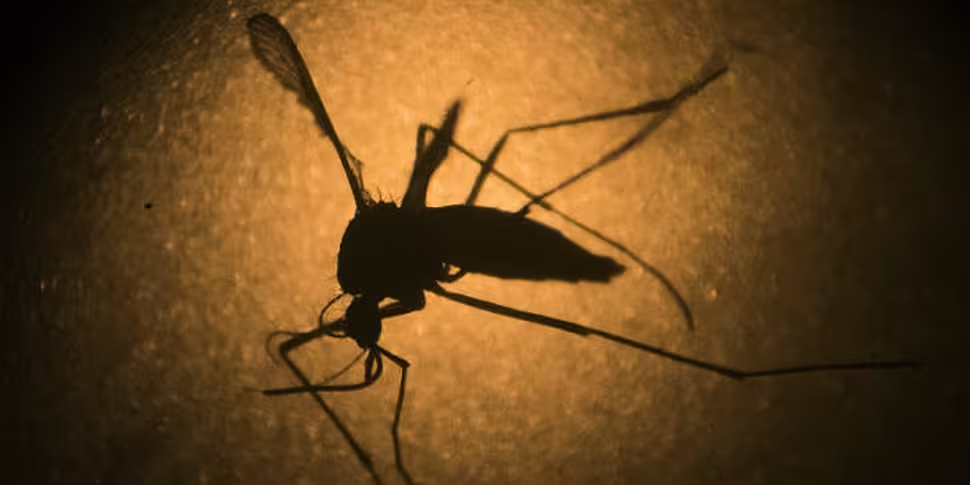A man in the United States has contracted the Zika virus through what experts say could be a new channel of infection. The case has baffled health authorities in the US, as the man did not contract the virus through any of the known paths of transmission.
The man, from Salt Lake County in Utah, was caring for a dying elderly male patient with the virus.
Authorities say that Zika appears to have passed from one member of a Utah family to another, but not by any of the known paths of infection: sexual contact, pregnancy, or a mosquito bite.
Gary Edwards from the Salt Lake County Health Department said: "This case is unusual, the individual does not have any of the known risk factors we've seen thus far with Zika virus."
Officials said that the elderly man, travelled to a place where Zika is circulating and was most likely infected there.
However, Utah mosquito-control teams have not uncovered either of the mosquito species believed to transmit Zika, therefore it is unlikely the dead man passed the virus to a mosquito which, in turn, infected the carer.
Satish Pillai, a physician at the Centers for Disease Control and Prevention (CDC) said: “We are trying to determine if the contact between the very sick, elderly patient and the person played a role in how the person got sick. We don’t have all the answers right now.”
There are currently about 1,300 Zika cases in the US, all of which were contracted by foreign travel. Until this case, only those travelling were thought to be at risk.
However, CDC director Dr Thomas R Frieden said people should not be concerned until this case is investigated further.
“We don’t have any evidence that suggests Zika can be passed from one person to another by sneezing or coughing or kissing or sharing utensils.”
Scientists have previously suggested that the epidemic is likely to 'burn itself out' within two or three years but this new case could prove there is more to learn about how it spreads.









